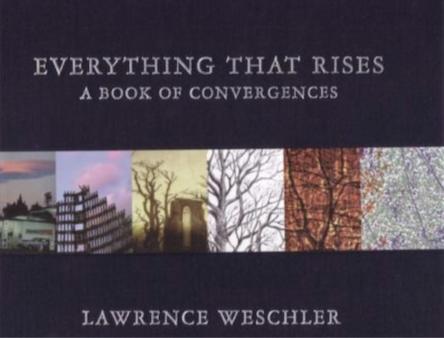|
|
|
|
 |
|
|
|
|
|
|

Nonpartisan Education-based News for Talbot County Community
by Kerry Folan
|
|
|
|
 |
|
|
|
|
|
|
The Spy Newspapers may periodically employ the assistance of artificial intelligence (AI) to enhance the clarity and accuracy of our content.
Elizabeth Jane Biliske says
I appreciated this article. I hope the Spy will include more articles about artistic events occurring at Salisbury U.